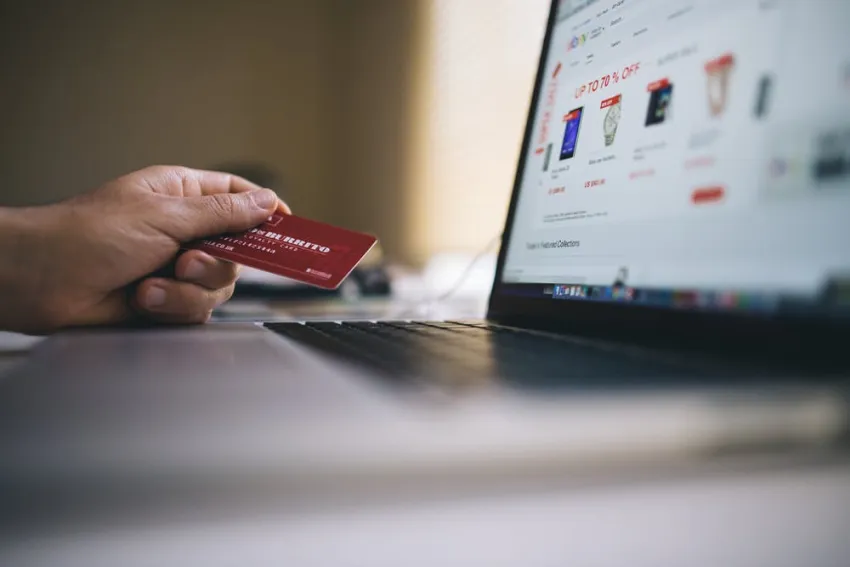
Three-fourths of Filipinos open to having a financial account online
But finance firms stand to lose 40% of new business if account opening isn’t fully online.
Majority of Filipino (76%) consumers have indicated that they would open a financial account online, a study by analytics firm FICO found.
Of those that would open a financial account online, 40% would consider doing so for an everyday transaction account, 38% for a credit card and 33% for a personal loan.
Bucking expectations, it was older consumers in the Philippines who were more likely to be leading the digital push with the youngest Filipinos being the laggards, with 46% of those over 55 years of age saying that they would open a bank account online.
In contrast, only 28% of 18- to 24-year-old Filipinos said that they would open an online bank account. Other age groups clocked in 40 to 45% in willingness to open a virtual bank account.
However, this may be simply due to lack of required data and background to successfully open a bank account online, noted Subhashish Bose, FICO’s lead for fraud, security and compliance in Asia Pacific.
“The truth in the numbers here is far more nuanced,” said Bose. “Younger Filipinos are adept at using smartphones and computers, however, many do not have the required identification forms to open bank accounts at a young age, don’t have regular income or are presented with bank account options that are not appealing. For example, many bank accounts in the Philippines require a minimum balance to avoid monthly account-keeping fees.”
The same study found that 26% of Filipinos prefer to open a bank account on their phone, compared to only 18% in the US and 25% in the UK.
“Filipino consumers are digital natives,” noted Bose. “Around 40% of Filipinos have a smartphone, and according to a recent study, they rank in the top 10 mobile internet users globally, spending an average of 4.58 hours a day on their phones.”
The COVID-19 pandemic is expected to accelerate the shift to digital banking and online financial transactions.
“As consumers’ reliance on online services grows in response to COVID-19, we expect further shifts in adoption and indeed an acceleration and acceptance in opening bank accounts digitally. It is important that banks closely examine any points of friction in their application process to ensure consumers are not abandoning a process or switching to a competitor,” said Bose.
Similar to Malaysians, more and more Filipinos expect to finish their account registrations online. Out of the regular identity checks needed to open an account, 67% of Filipinos thought they should be able to prove their identity by scanning documents or providing a selfie, 47% expected to prove where they live without going offline, and 45% said they should be able to set up a biometric such as a fingerprint scan at account opening.
If all actions cannot be accomplished online, only 41% of respondents said they would carry out the necessary offline actions as soon as possible, the survey found.
A further 13% said they would switch to a competitor whilst 5% said they would give up completely. Only a third (33%) indicated they would eventually complete offline actions such as taking a phone call, posting documents, or visiting a branch.
Overall, financial institutions in the Philippines that do not facilitate a completely digital account opening experience could lose over 40% of their new business, according to FICO.
“There is research to show that only 6% to 9% of applicants move through the funnel and complete the process,” said Bose. “Banking executives should review the application completion for authenticated versus non-authenticated applications, as well as how many applicants with saved or abandoned applications return to complete the process.”






![Lorem Ipsum [ABF 1]](https://cmg-qa.s3.ap-southeast-1.amazonaws.com/s3fs-public/styles/exclusive_featured_article/public/2025-03/a_hand_pointing_to_a_futuristic_technology_5b87c9d0e3_1.png.webp?itok=2w0y1WhS)


![Cross Domain [Manu + SBR + ABF + ABR + FMCG + HBR + ]](https://cmg-qa.s3.ap-southeast-1.amazonaws.com/s3fs-public/styles/exclusive_featured_article/public/2025-01/earth-3537401_1920_4.jpg.webp?itok=WaRpTJwE)








 Advertise
Advertise

